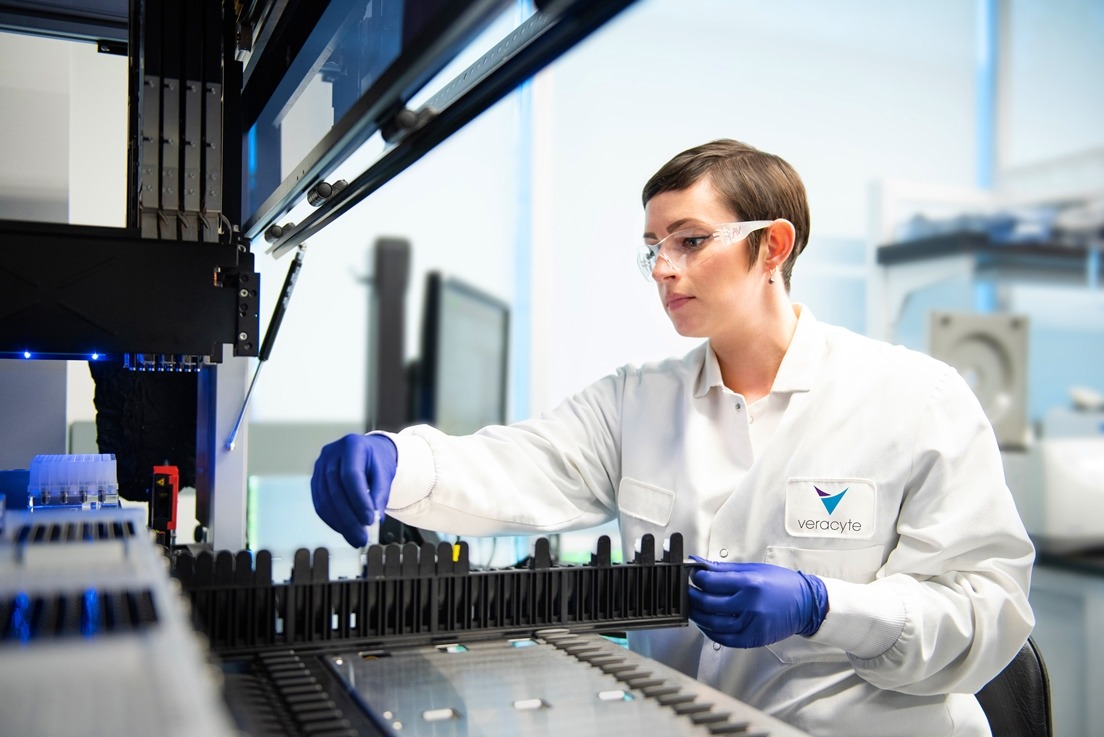
Veracyte, a genomic diagnostics company, has presented new data to advance understanding of frequency, positive predictive value and co-occurrence of genomic alterations targeted by newly available precision medicine therapies for thyroid cancer, at the 89th annual meeting of the American Thyroid Association.
The findings were supported by Afirma Xpression Atlas analyses, where RNA sequencing is used by Veracyte’s biorepository of thyroid nodule fine needle aspiration (FNA) samples from patients undergoing thyroid cancer evaluation.
Researchers assessed frequency of ALK, BRAF, NTRK and RET fusions in 48,000 patients
In one of the studies, researchers claimed to have assessed the frequency of ALK, BRAF, NTRK and RET fusions in about 48,000 patients whose thyroid nodule FNA samples were suspected of malignancy or malignant (Bethesda III/IV, V and VI categories, respectively) by cytopathology.
The researchers also found that 425 (0.89%) of the FNA samples harboured one of the alterations, with NTRK fusions the most common at 0.38%, followed by RET (0.32%), BRAF (0.13%) and ALK (0.06%).
Furthermore, RNA whole transcriptome sequencing also showed differences in the prevalence of the four fusions across Bethesda categories, with Bethesda V being the highest.
In another study, the researchers evaluated the positive predictive value of the NTRK, RET, BRAF and ALK fusions across 58 patients with indeterminate thyroid nodules (Bethesda III/IV categories) from biorepository Veracyte, for whom surgical pathology diagnoses were available.
It was found that NTRK and RET fusions were associated with malignancy in 28 of 30 nodules, while the risk of malignancy was lower among nodules with ALK (67%) or BRAF (75%).
Researchers, in a third study, found that when RNA sequencing data on a large sample of nearly 48,000 thyroid nodule FNA samples (Bethesda categories III-VI), 263 co-occurrences of gene fusions and variants that were previously considered ‘mutually exclusive’ were identified.
Veracyte endocrinology senior medical director Richard Kloos said: “The findings from these three studies underscore the power of our extensive biorepository of thyroid nodule FNA samples and our optimized RNA sequencing platform to advance understanding of the genomic underpinnings of thyroid cancer and to better capture the biology of thyroid lesions.
“As precision medicine therapies that target specific gene alterations emerge, understanding individual patients’ genomic profiles becomes increasingly important to physicians. Our Afirma Xpression Atlas provides this information at the same time as initial diagnosis with the Afirma Genomic Sequencing Classifier, or GSC, to help inform treatment decisions.”
The company has also unveiled its Afirma patient report, which besides identifying patients with benign or suspicious-for-cancer nodules among those deemed indeterminate by cytopathology, based on Afirma GSC results, also offers individualised and actionable variant and fusion information for each patient.
The information includes risk of malignancy, associated neoplasm type, relative risk of lymph node metastasis and extrathyroidal extension, availability of FDA-approved therapy and genetic counselling and germline testing considerations. The information is also provided for patients with cytopathology results that are suspicious for malignancy or malignant (Bethesda V and VI).
The Afirma Genomic Sequencing Classifier (GSC) and Xpression Atlas offer physicians with a comprehensive solution for a complex landscape in thyroid nodule diagnosis.
The Afirma GSC was developed with RNA whole-transcriptome sequencing and machine learning to help identify patients with benign thyroid nodules among those with indeterminate cytopathology results, to help patients avoid unnecessary diagnostic thyroid surgery.






